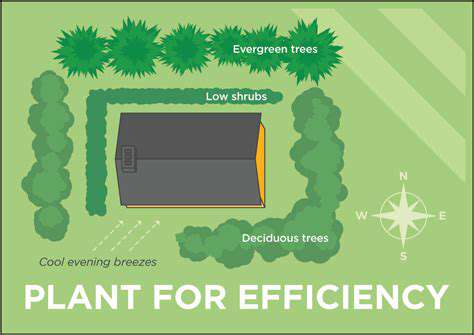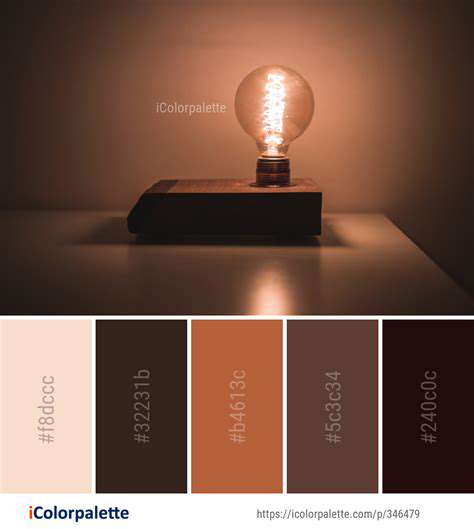Comprehensive Tutorial on Full Package Home Makeovers
Choosing the Right Professionals: Expert Advice for Success

Choosing a qualified architect
Selecting the right architect is crucial for any construction project, from a simple home renovation to a complex commercial building. A skilled architect understands the nuances of design, functionality, and local building codes, ensuring your vision is realized while adhering to regulations. They possess the technical expertise to create detailed plans and specifications, guiding the project through various stages from initial concept to final construction.
Thorough research and obtaining referrals from trusted sources are essential steps. Consider the architect's portfolio, experience with projects similar to yours, and their communication style. A clear understanding of their fees and payment structure is also vital to ensure a smooth and transparent relationship throughout the project.
Engaging a competent contractor
A reliable contractor is essential for the successful execution of your construction plans. Their expertise in construction techniques and project management is vital for overseeing the work and keeping the project on schedule and within budget. Their experience in handling various aspects of construction, from site preparation to finishing touches, is a critical factor in the overall success of the project.
Before selecting a contractor, carefully assess their experience, reputation, and references. Check for any complaints or unresolved issues related to previous projects. It's a good practice to request detailed proposals outlining the scope of work, timelines, and cost breakdowns, enabling a clear understanding of the entire process.
Seeking expert advice from a structural engineer
A structural engineer plays a critical role in ensuring the structural integrity and safety of your project. Their knowledge of building codes, materials, and engineering principles is vital for designing a safe and stable structure. They assess the load-bearing capacity of the building and provide recommendations for materials and construction methods.
Understanding the importance of a qualified surveyor
A surveyor is essential for accurately determining the property boundaries and establishing the precise location of the building on the site. Their expertise in land surveying and mapping ensures that the building is constructed within the designated property lines and complies with all regulations. Accurate surveying data is paramount for avoiding disputes and ensuring the project's legal compliance.
The role of a skilled interior designer
A talented interior designer is crucial for creating functional and aesthetically pleasing spaces. They understand the principles of space planning, color theory, and material selection, transforming your vision into a beautiful and practical interior. Their experience in creating unique and personalized designs ensures that the interior reflects your style and meets your needs.
Selecting a trustworthy project manager
A skilled project manager is vital for coordinating the efforts of various professionals involved in the construction process. They keep the project on schedule, within budget, and ensure that all stakeholders are informed and involved. Their expertise in managing complex projects and resolving potential issues is critical for a smooth and efficient process. Effective communication, strong organizational skills, and a keen eye for detail are all crucial attributes.
The necessity of a qualified electrician
A qualified electrician is essential for ensuring the safe and efficient installation of electrical systems in your home or building. They possess the knowledge and skills to handle electrical wiring, outlets, and lighting fixtures, ensuring that the electrical system complies with all safety codes. Their expertise in electrical design and installation is vital for preventing electrical hazards and ensuring the long-term safety of the building.
We've all experienced that moment when an old song transports us back in time. Maybe it's the track that played during your first slow dance, or the album you listened to on repeat during a life-changing trip. These musical bookmarks become woven into our personal histories, carrying emotional weight far beyond their melodies.











